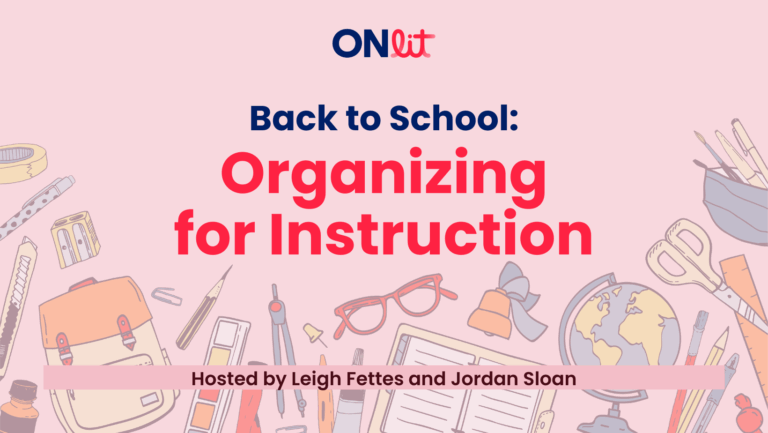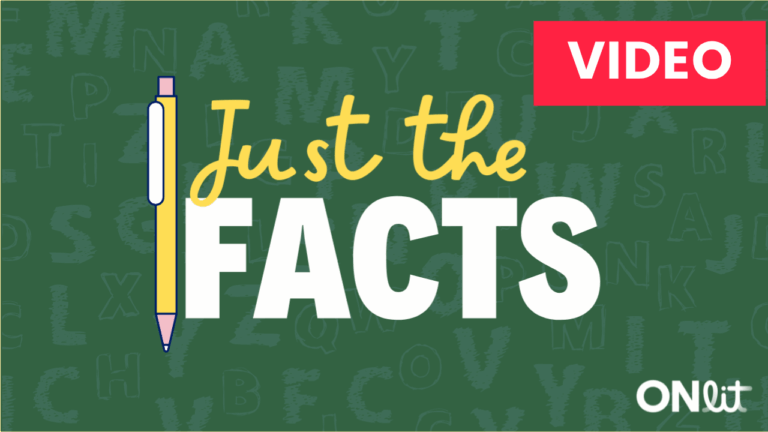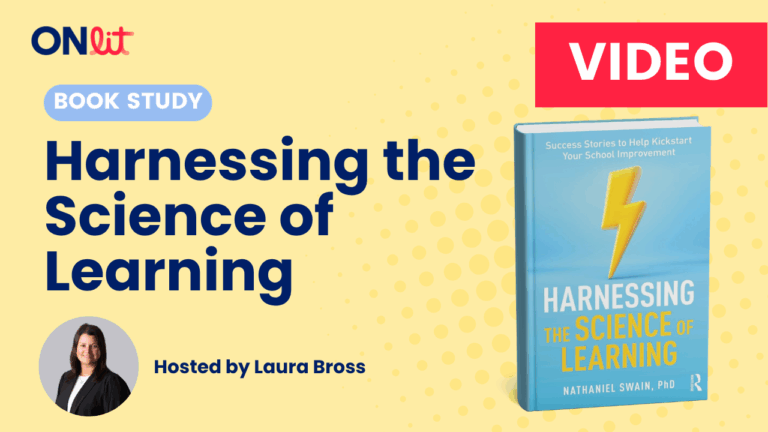QRcodes for ONlit Embedded Picture Mnemonic Alphabet Videos
These QRcodes allow teachers to foster a home school connection when introducing or review letter sounds with the ONlit Mnemonic Alphabet. Send home a QRcode each time you teach a letter. You can print them on labels (such as Avery 5160) or on plain paper and cut them up. The first time, you may want…




